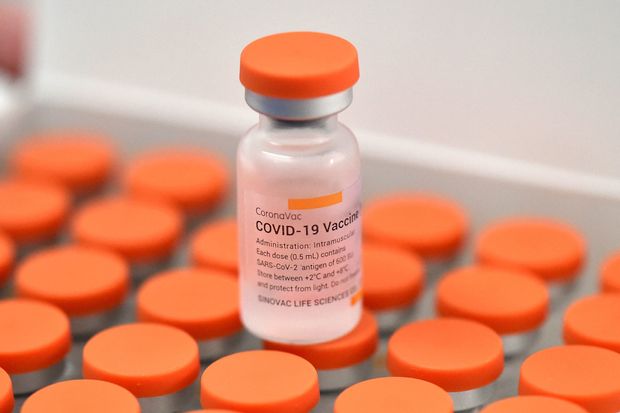The World Health Organisation (WHO) has allowed for the emergency use of the second covid-19 vaccine developed in China. The pharma giant Sinovac is ready to protect with its antiviral drug people aged 18 and over. There is no confirmed deal for Sinovac doses with COVAX.
The WHO confirmed on Tuesday that a Chinese pharmaceutical company Sinovac has developed the second anti-COVID vaccine. The UN health body said in the statement on Tuesday that data submitted to its experts showed that two doses prevented people from getting symptoms of coronavirus in about half of those who had the vaccine.
“Nevertheless, WHO is not recommending an upper age limit for the vaccine,” the WHO warned, adding that data collected from Sinovac’s use in other countries “suggest the vaccine is likely to have a protective effect in older persons”.
Last month, the WHO gave the green light to the Covid-19 vaccine made by Sinopharm. It has also licensed vaccines developed by Pfizer-BioNTech, AstraZeneca, Moderna and Johnson & Johnson.
Sinovac could be distributed to all countries

Any donors and other UN agencies will be able to use the Sinovac jab in poorer countries, including in the UN-backed initiative to distribute Covid-19 vaccines globally known as COVAX.
The effort has been slowed considerably after its biggest supplier in India said it would not be able to provide any more vaccines until the end of the year due to the latest surge of infections now ravaging India, The Irish Examiner reported.
While China has five vaccine jabs in use, the majority of its exports abroad come from two companies: Sinopharm and Sinovac. The Chinese vaccines are “inactivated” vaccines, made with killed coronavirus.
Most other Covid vaccines being used around the world, particularly in the West, are made with newer technologies that instead target the “spike” protein that coats the surface of the coronavirus.
